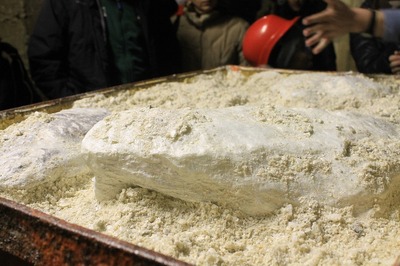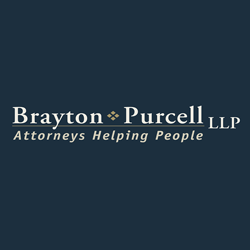If you have read this blog before, you may remember previous posts we have written about talc. The substance that is the basis of baby powder and many similar products is benign on its own, but is sometimes contaminated with asbestos. Most American manufacturers of personal care products claim that their talc is asbestos-free, but this is difficult for companies to certify when their talc was purchased from suppliers outside the United States.

Talc may also be associated with another danger for women: ovarian cancer. Many health professionals in recent decades have found a correlation between the use of talc for feminine hygiene and an elevated risk of ovarian cancer. It is unclear if asbestos contamination plays any role in this correlation, but companies like Johnson & Johnson continue to assert that talc is completely safe.
Johnson & Johnson may be losing that argument in the courtroom. Recently, a jury in St. Louis awarded $72 million in damages to the family of a woman who died of ovarian cancer in 2015. Actual damages accounted for $10 million of the award while the rest was for punitive damages against J&J. The company is currently facing pending lawsuits from approximately 1,200 more plaintiffs.
Although the direct connection between talc and ovarian cancer has not been fully established, J&J has known about the observed link for a long time. In 1997, for instance, a medical consultant for the company circulated an internal memo saying that denying the risk of ovarian cancer for women who use hygienic talc is “denying the obvious in the face of all evidence to the contrary.”
Like the countless individuals who have suffered health problems caused by exposure to asbestos, women suing for talc-related diseases may be facing an uphill battle. But both battles are worth fighting, especially with the help of dedicated and experienced attorneys.













